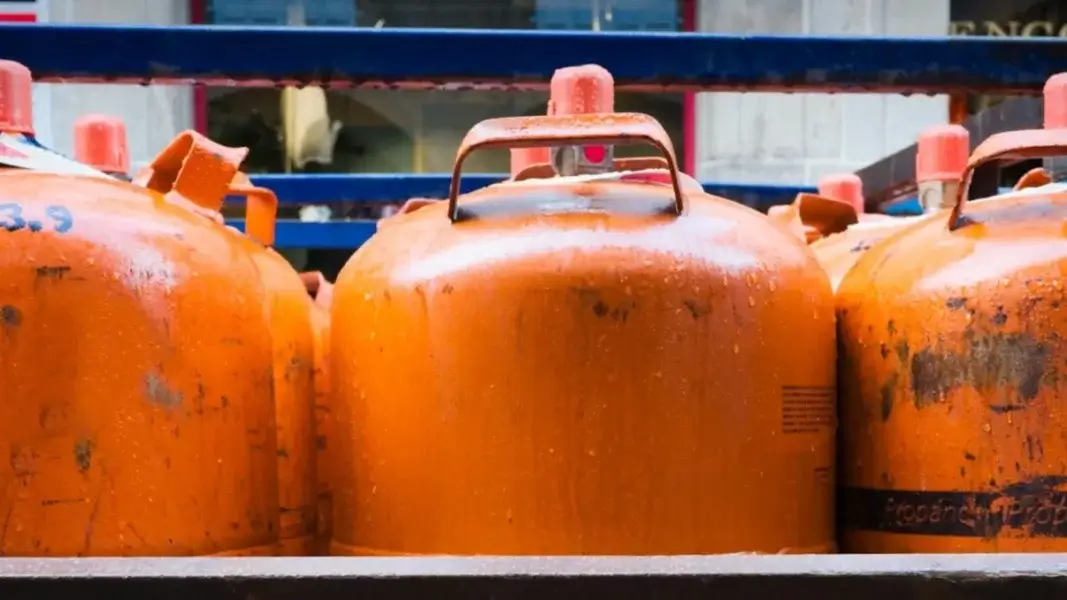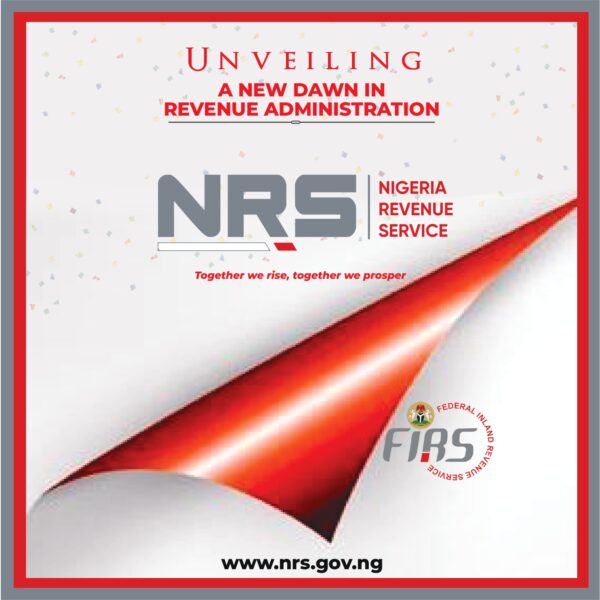In order to address the growing safety concern over the Federal Government’s initiative on Compressed Natural Gas (CNG), the Standards Organisation of Nigeria (SON) has issued a stern warning to the public, urging them to avoid patronizing uncertified CNG stations to protect their lives and property.
This comes on the heels of a recent explosion at a NIPCO CNG refueling station in Aduwawa, Benin City, Edo State, which left several individuals injured.
SON’s Director-General, Dr. Ifeanyi Okeke, in a statement signed by Mrs. Foluso Bolaji, the agency’s Director of Public Relations, emphasized the need for strict compliance with safety standards. The public alert follows a deadly blast that occurred while a station wagon was being refueled, resulting in significant damage to vehicles and injuring multiple people. Viral footage shared on social media captured the devastating aftermath, showing shattered vehicles and severely injured individuals at the scene.
Dr. Okeke extended his sympathies to those affected by the incident, reiterating that SON would not tolerate attempts to bypass the established guidelines and procedures under the federal government’s CNG conversion initiative. “We will not allow unscrupulous individuals to undermine President Bola Tinubu’s initiative to promote access to quality energy for the automobile sector,” he stated.
Investigations reveal faulty CNG equipment
Preliminary investigations have revealed that the CNG cylinder involved in the Edo explosion did not meet approved safety standards. Observers on the scene speculated that the cylinder had been improperly welded by a local fabricator, a factor believed to have contributed to the blast. This highlights the growing risks associated with substandard CNG equipment and underscores the need for certified conversion centers.
In response, the SON confirmed that it is working closely with relevant stakeholders to ensure the success of the CNG initiative, which aims to foster economic growth by facilitating affordable transportation.
As part of these efforts, SON has introduced 88 standards designed to attract investors and guarantee quality service delivery in the sector.
Strengthening CNG Safety Regulations: NGVMS to the Rescue
To address growing safety concerns, SON is collaborating with the Presidential Compressed Natural Gas Initiative (PCNGI) to finalize the Nigeria Gas Vehicle Monitoring System (NGVMS). This centralized platform will monitor all CNG systems nationwide, ensuring that only vehicles equipped with certified conversion kits can access gas at retail outlets.
The system will also maintain a database of approved CNG equipment and suppliers, enhancing transparency and safety across the sector. “NGVMS will ensure that only certified equipment is used and that safety protocols are rigorously followed,” Okeke added.
Industry experts weigh in on CNG safety
Despite the risks associated with CNG, industry experts maintain that, when properly handled, CNG is a safer and cleaner alternative to traditional fuels. Experts at PCNGI-approved conversion centers emphasize that CNG cylinders are specifically designed to withstand high-pressure conditions, and safety features such as pressure release valves and automatic shut-off sensors are in place to prevent accidents.
However, they stress that regular maintenance and the use of certified conversion kits are crucial to maintaining safety. The explosion in Edo serves as a stark reminder of the dangers posed by uncertified equipment and underscores the need for vigilance.
Safety first in Nigeria’s CNG push
As Nigeria continues its transition toward wider CNG adoption, public safety must remain a top priority. The recent explosion in Benin City is a tragic example of what can go wrong when safety standards are ignored. SON and PCNGI are working diligently to prevent future incidents through stricter regulations and enhanced monitoring systems, but vehicle owners and operators must also play their part by patronizing certified centers and following best practices.


